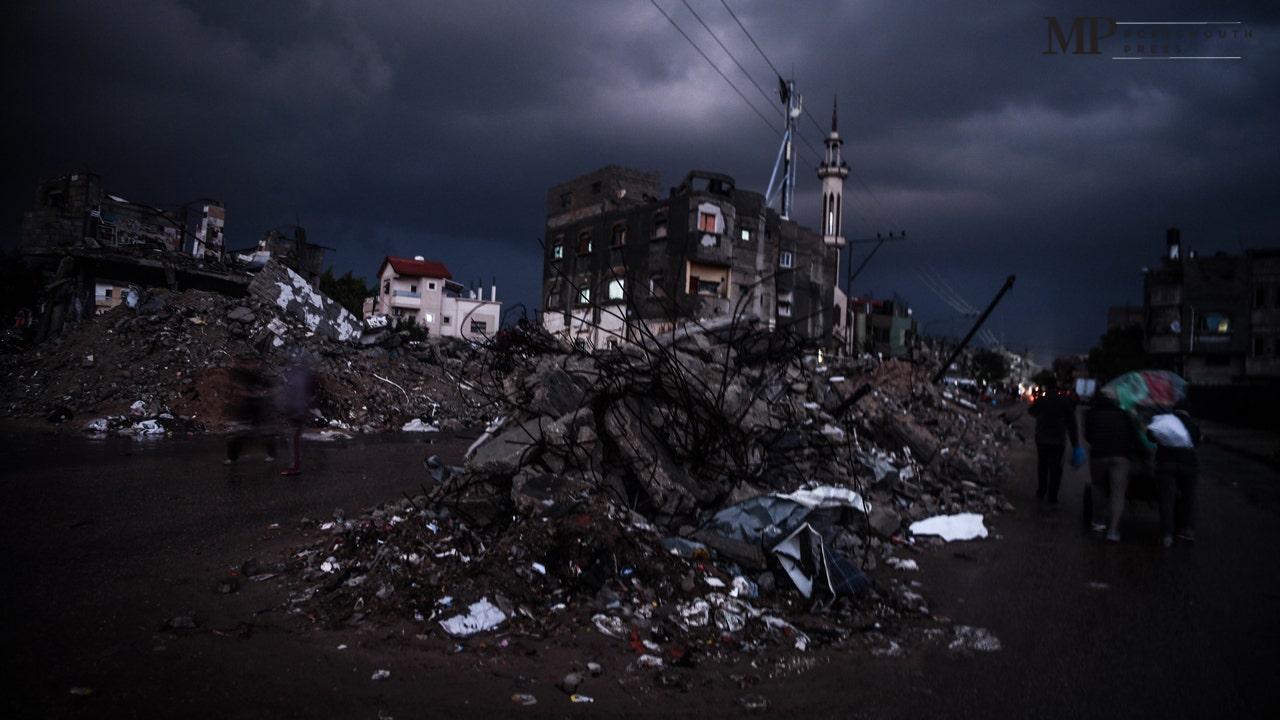In a dramatic turn of events, the calm that had settled over Gaza for nearly two months is now shattered, as Israel has resumed airstrikes on the territory following Hamas’s refusal to release hostages taken during a 17-month-long conflict. This breaking news marks a significant escalation in a region already grappling with tension and violence, making it crucial for everyone to understand the unfolding situation.
Airstrikes Resume
Following Hamas’s repeated denials to free hostages, Israeli fighter jets took to the skies, targeting key military infrastructure and leaders within Hamas. The Israeli Defense Forces (IDF) made it clear that these strikes are intended to secure the release of hostages. Israeli Defense Minister Yoav Katz hinted at the severity of the situation, stating that if the hostages are not released soon, “the gates of hell will open” for those involved.
Hamas Responds
Reacting to the Israeli strikes, Hamas has accused Israel of instigating violence and has called for international intervention. They argue that the renewed hostilities could not have come at a worse moment, as the group has already expressed intentions to negotiate the future of Gaza based on terms that involve comprehensive peace.
Context of the Conflict
This recent escalation follows a two-month ceasefire, which provided a much-needed pause in the fighting after an extensive and brutal 17-month conflict. The ceasefire brought hope for peace, but the current events raise concerns about the fragility of that hope.
Efforts for Peace
Global reactions are mixed as various international leaders are now faced with the daunting task of navigating through a new wave of violence that threatens peace talks. Amidst the chaos, the community continues to advocate for a peaceful resolution, hoping that dialogue rather than strikes will lead to a more stable situation in the region.
Casualties and Humanitarian Concerns
The ongoing airstrikes have already taken a toll, leading to fears about civilian casualties and the humanitarian crisis escalating further in Gaza. Living conditions are dire as many families struggle to find safety amid the explosions and air raid sirens that seem to echo endlessly.
The Future of Negotiations
While Hamas has indicated a more open approach towards negotiation, the conditions set by Israel seem to push the hope for dialogue further out of reach. Understanding each side’s perspective may be essential to pave the way for future discussions and establish a lasting peace.
Community Responses
Back home, community leaders and organizations in America are calling for increased awareness and advocacy regarding the situation in Gaza. Many are urging citizens to support humanitarian efforts that aim to bring relief to those affected by the conflict and to stay informed about the rapidly changing dynamics in the region.
Calls for Action
People around the world are encouraged to keep an eye on the news from Gaza and consider ways they can help, whether through educational initiatives or volunteering with organizations that focus on aiding those impacted by wars and conflicts. The situation remains fluid, and staying engaged is vital.









